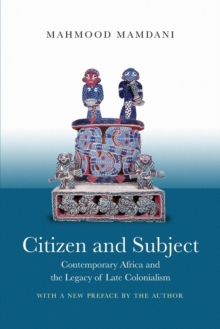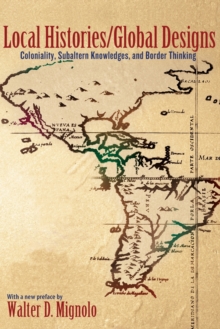
The History of Everyday Life : Reconstructing Historical Experiences and Ways of Life PDF
Edited by Alf Ludtke
Part of the Princeton Studies in Culture/Power/History series
Description
Alltagsgeschichte, or the history of everyday life, emerged during the 1980s as the most interesting new field among West German historians and, more recently, their East German colleagues. Partly in reaction to the modernization theory pervading West German social history in the 1970s, practitioners of alltagsgeschichte stressed the complexities of popular experience, paying particular attention, for instance, to the relationship of the German working class to Nazism. Now the first English translation of a key volume of essays (Alltagsgeschichte: Zur Rekonstruktion historischer Erfahrungen und Lebensweisen) presents this approach and shows how it cuts across the boundaries of established disciplines. The result is a work of great methodological, theoretical, and historiographical significance as well as a substantive contribution to German studies.
Introduced by Alf Ludtke, the volume includes two empirical essays, one by Lutz Niethammer on life courses of East Germans after 1945 and one by Ludtke on modes of accepting fascism among German workers. The remaining five essays are theoretical: Hans Medick writes on ethnological ways of knowledge as a challenge to social history; Peter Schottler, on mentalities, ideologies, and discourses and alltagsgeschichte; Dorothee Wierling, on gender relations and alltagsgeschichte; Wolfgang Kaschuba, on popular culture and workers' culture as symbolic orders; and Harald Dehne on the challenge alltagsgeschichte posed for Marxist-Leninist historiography in East Germany.
Information
-
Download - Immediately Available
- Format:PDF
- Pages:336 pages
- Publisher:Princeton University Press
- Publication Date:20/11/2018
- Category:
- ISBN:9781400821648
Information
-
Download - Immediately Available
- Format:PDF
- Pages:336 pages
- Publisher:Princeton University Press
- Publication Date:20/11/2018
- Category:
- ISBN:9781400821648










